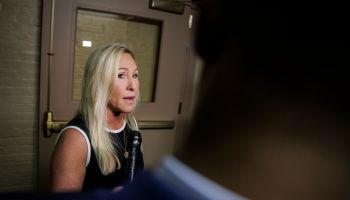by Julie Halpert
“Locally made” is a popular term for budding entrepreneurs with romantic notions of taking a product in their community and turning it into a profitable business. But transforming a local gem into a cash cow takes more than a good idea.
NEWSWEEK spoke to two successful local-goods entrepreneurs about what to consider when starting out. Natalie Chanin founded Alabama Chanin, a wholesaler that produces couture clothing with local, organic, or recycled materials. Her annual revenue: about $500,000. Bob Sutherland is founder of Cherry Republic stores. His three Michigan locations feature more than 175 cherry products, such as cherry jam, that bring in about $9 million a year in revenue. Their advice:
“You can have the best idea in the world, but if you can’t make the books balance at the end of the month” it won’t work, Chanin says. She suggests new owners at least learn the basics of accounting. One way to do that: buy a copy of QuickBooks accounting software and “make it your best friend.”
Forget the WalMart Types
Some stores will always offer cheaper products, so don’t attempt to go up against them. Instead, focus on marketing the qualities you have that big chains like Walmart don’t. For example, do you offer more personalized service? Do you deliver nationwide? “Play up your strengths,” Chanin advises.
Hire the Faithful
Chanin says one of her biggest mistakes was to hire people who didn’t share her commitment to producing locally. To avoid that problem, ensure that prospective employees and advisers support your company’s goals and, at a minimum, understand your mission.
Be Patient
Future owners of locally based businesses need to realize that their investments will take time to germinate. Have enough cash to cover financial expenses for an extended period, as it could take more than a year to develop a steady customer base. In Chanin’s case, it took six months.
Story Compliments Of Newsweek.com
















